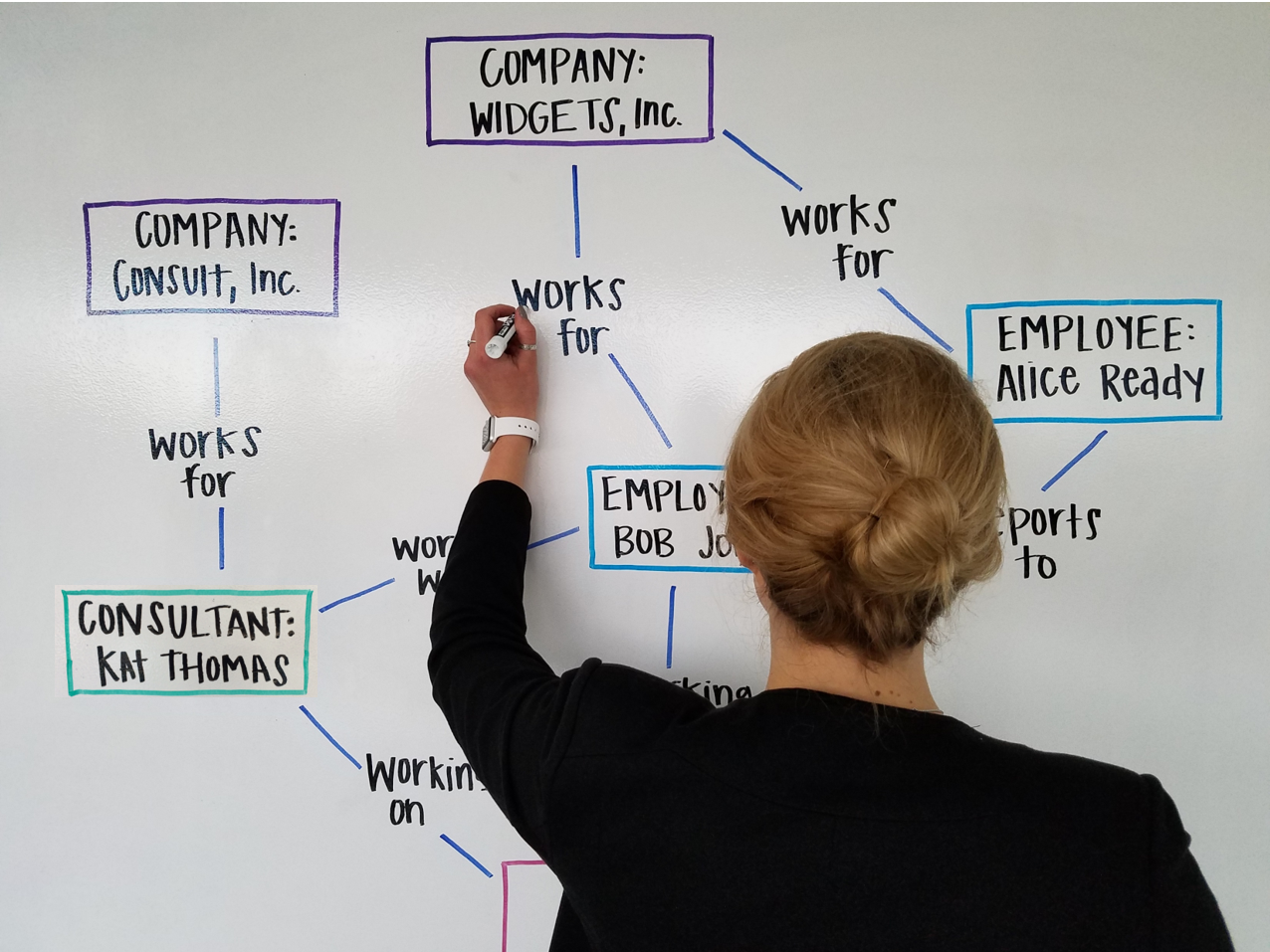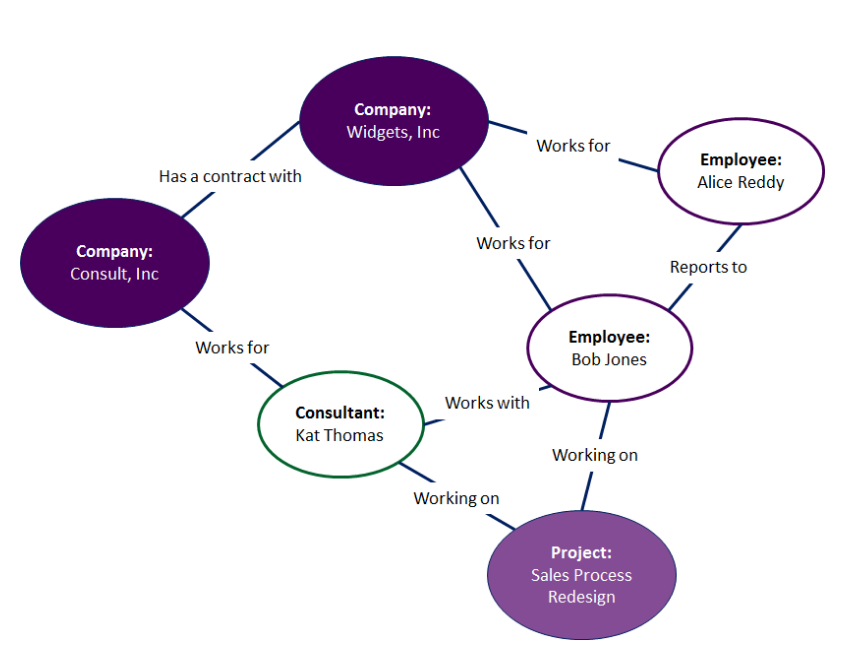 Ontologies and semantic technologies are becoming popular again. They were a hot topic in the early 2000s, but the tools needed to implement these concepts were not yet sufficiently mature. Ontology and semantic technologies have now matured to the point where they are widely available and reasonably priced. This has potentially vast benefits for organizations that are seeking to improve the use and reuse of their structured and unstructured information and want to maximize findability and discoverability. If you are like many of our clients, you are asking “What is an ontology and why do I want one?
Ontologies and semantic technologies are becoming popular again. They were a hot topic in the early 2000s, but the tools needed to implement these concepts were not yet sufficiently mature. Ontology and semantic technologies have now matured to the point where they are widely available and reasonably priced. This has potentially vast benefits for organizations that are seeking to improve the use and reuse of their structured and unstructured information and want to maximize findability and discoverability. If you are like many of our clients, you are asking “What is an ontology and why do I want one?
Enterprise Knowledge defines an ontology as “a defined model that organizes structured and unstructured information through entities, their properties, and the way they relate to one another.” Many of you are familiar with terms like taxonomies and metadata. Think of an ontology as another way to classify content (like a taxonomy) that allows you to relate content based on the information in it as opposed to a term describing it. For example, you could create an ontology about your employees and consultants (see the image below.)

The example above shows an ontology of a company, its employees, consultants, and the projects they are working on. In this example, Kat Thomas is a consultant who is working with Bob Jones on a Sales Process Redesign project. Kat works for Consult, Inc and Bob reports to Alice Reddy. We can infer a lot of information through this ontology. Since the Sales Process Redesign is about sales we can infer that Kat Thomas and Bob Jones have expertise in sales. Consult, Inc must provide expertise in this area as well. We also know that Alice Reddy is likely responsible for some aspect of sales at Widgets, Inc because her direct report is working on the Sales Process Redesign project.
There are many reasons why this is valuable for your organization. Ontologies can allow your organization to:
- Manage content more effectively;
- Maximize findability and discoverability of information;
- Increase the reuse of “hidden” and unknown information; and
- Elevate SEO on external search engines.
Manage Content More Effectively
Content management is a time consuming process. It is one thing to manage metadata on a couple thousand pieces of content. What if you are managing hundreds of thousands of pieces of content? Ontologies are focused on relationships between entities. To extend the example above, I can identify content authored by Kat Thomas or Bob Jones and associate it with Sales information because Sales Process Redesign project is about sales. I no longer need to manually tag this content as I can rely on the entities in the content and the information I have about them.
Improved Findability
Ontologies give you new ways to find and discover content. Ontologies can power faceted search or allow people to browse through related content based on the people, places, and things that are mentioned in the text. I can see all of the deliverables created by Consultant, Inc and see all of the deliverables they have provided to my company. I can also see who works for them and who they have worked with at my company. I am navigating based on things that I understand to find relevant content and information.
Ontologies also allow for more accuracy in the way content is classified as opposed to classic metadata. For example, a piece of content on our intranet quotes Kat Thomas who at the time was an outside consultant. If we used the metadata approach her content might be tagged as consultant information. A year later Kat takes a job as head of sales. Using an ontology her recommendations would show up as recommendations from the head of sales. If I was just relying on metadata, I would have to go back and update my content to reflect her new position.
Greater Content Reuse
Publishers use ontologies to group content in new ways. The best example of this is the New York Times Topic Pages. All of the content related to famous people or topics are grouped on a single page. These articles appeared in the paper, but are now reused as a single place to learn all about a specific topic.
Content reuse is not limited to content on your site. Because ontologies are standards based, other sites can use your content to augment their content. As a result, your content appears in more places and is more likely to be seen by others.
Improved SEO
Ontologies are machine readable. This means that search engines are able to understand the content. As a result, content based on ontologies rates higher in Google and other search engines. Wordlift is a great example of an ontology plug-in for WordPress that promises to improve SEO.
I hope you have a better understanding of what an ontology is and why you might want one. If you are interested in implementing an ontology for your organization, take a look at my two part blog series on Ontology Design Best Practices. Part I describes best practices for any ontology design project. Part II provides specific recommendations for the design of the ontology.
